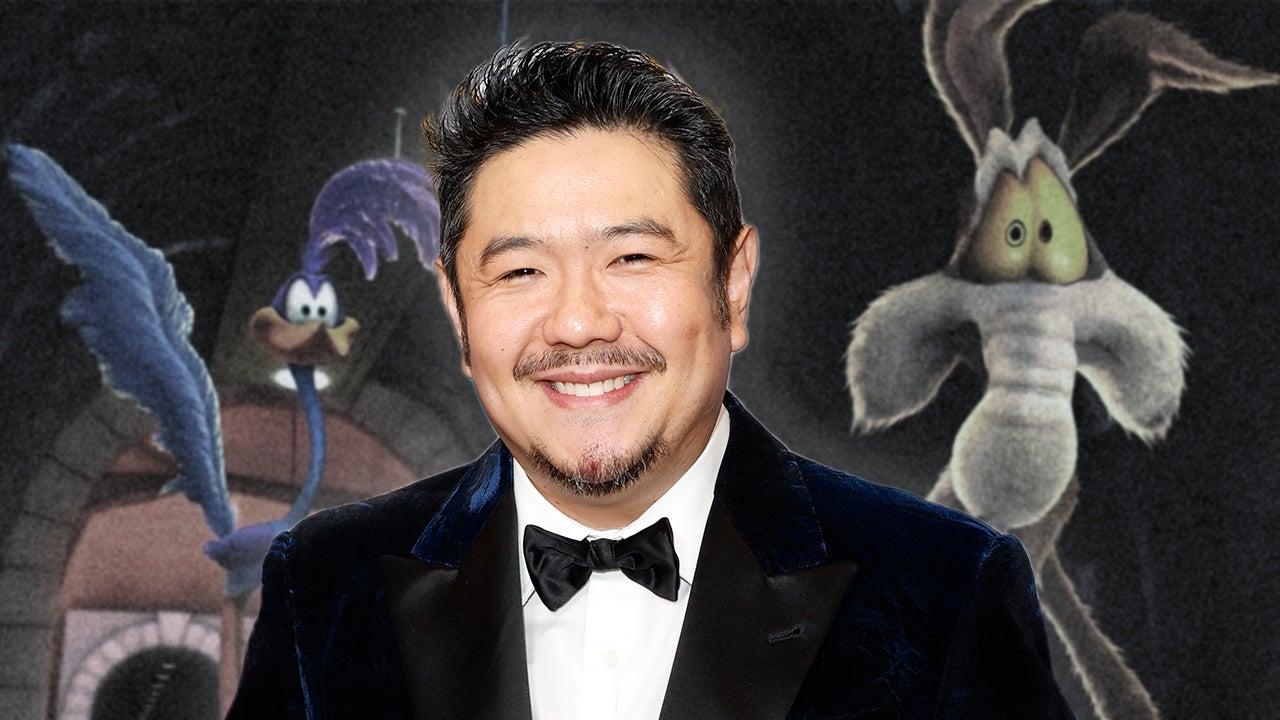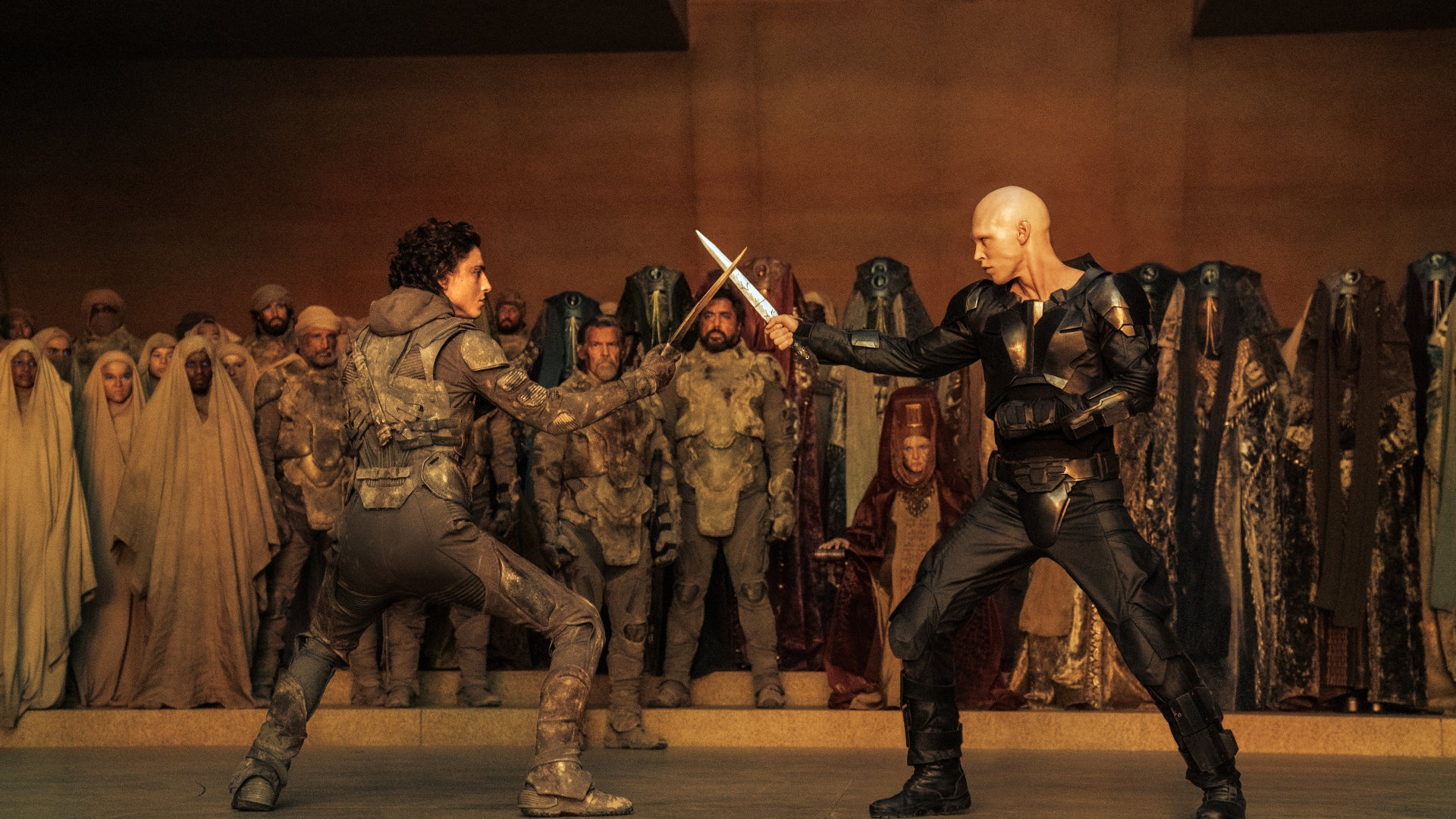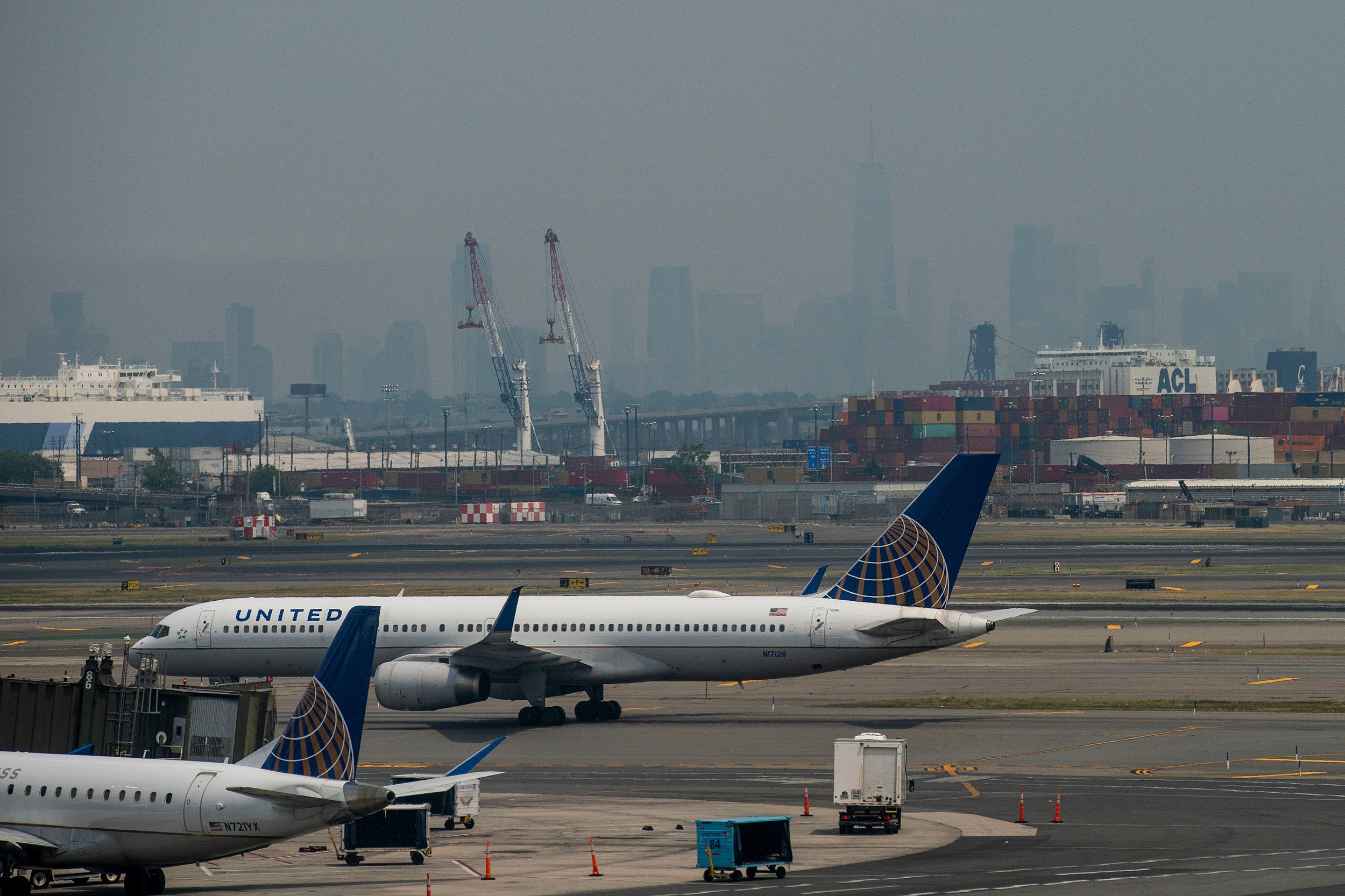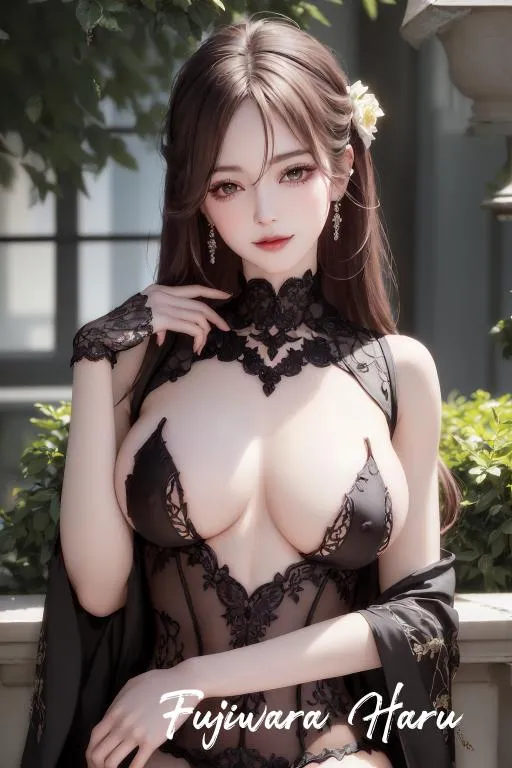Non-profit LGBTQ advocacy group GLAAD has released its first-ever report on LGBTQ inclusion in video games, revealing that 17% of gamers are LGBTQ, and that they are just as - if not more - dedicated to playing, spending, and talking about video games than non-LGBTQ gamers.
The report is the first of its kind from GLAAD, and was done in partnership with Nielsen Games. The data was collected from a survey of 1,452 active PC and console gamers in the United States between July and August of 2023, with a boosted sample of LGBTQ gamers to help answer specific questions about the relationship between the LGBTQ community and games.
Per the report, 17% of active gamers are LGBTQ, up from 10% in a study Nielsen did in 2020. That percentage is even higher among younger age groups. LGBTQ gamers overall report similar levels of dedication to games as non-LGBTQ gamers, spend similar amounts of money, and tend to play the same genres on roughly the same platforms, with a slight preference for Nintendo platforms expressed among LGBTQ gamers. The survey posits this may be because of the cheaper price and the younger skew of the audience.
However, the survey also found that the Switch eShop has the lowest percentage of games with LGBTQ characters or storylines. Microsoft had 146 games available on the Xbox store with LGBTQ content at the time of the survey, PlayStation had 90, and Nintendo had 50. Steam had 2302 LGBTQ games in English, but that number dropped to 1506 when "adult only sexual content" tag was filtered out. In all four cases, this represented less than 2% of the total available game libraries.
Which is a shame, because the survey also found that LGBTQ representation in games had an outsized positive impact on LGBTQ gamers, with little negative impact on non-LGBTQ gamer engagement. The survey found that 72% of LGBTQ gamers say that seeing characters with their gender identity and/or sexual orientation represented well makes them feel better about themselves. That percentage jumped to 78% for LGBTQ gamers between 13 and 17 years old. LGBTQ gamers were 11% more likely than non-gamers to use gaming to escape from difficult situations in the real world and 24% more likely to depend on gaming to get through tough times. And 66% of LGBTQ gamers said that gaming allows them to express themselves in a way they don't feel comfortable doing in the real world. These percentages were even higher for LGBTQ gamers in states that have proposed or passed anti-LGBTQ legislation.
Meanwhile, over 60% of non-LGBTQ gamers say having an LGBTQ main character does not make a difference in their decision to buy or play a game, while 10% were even more likely to buy or play a game in that scenario. "Among all cohorts we studied, the biggest net negative is among the lowest monthly spenders," the survey stated.
"There are several reasons for the lack of LGBTQ representation in the game industry," begins a statement from GLAAD at the start of the survey. "Some reasons for exclusion are passive. Often, game companies have not considered that they should represent LGBTQ people, nor do they see us as a major part of the core gaming audience. Some reasons for exclusion are active. Companies worry about pushing away a core audience that they assume are resistant or hostile to LGBTQ content.
"This imagined core audience, however, is a myth, and it is one of the reasons it was paramount for GLAAD to create this gaming report. LGBTQ games are a singificant part of the existing active gamer market and, by and large, non-LGBTQ gamers are not nearly as resistant to this content as many assume. Gaming represents a vast and lucrative market. By some measures, the global revenue from video games exceeds that of the film and music industries combined. Despite its reach, the game industry is out of step with contemporary media in terms of LGBTQ representation, and it is failing its LGBTQ consumers."
In a press release, GLAAD recommends a number of actions for the industry to take in response to its findings, including:
- Increasing the percentage of games with LGBTQ represention to match the percentage of gamers who are LGBTQ
- Striving for representation that promotes inclusivity and acceptance
- Taking responsibility for making gaming communities more inclusive
- Consulting LGBTQ media content experts
- Hiring LGBTQ workers in positions of authority
You can read GLAAD's report in full right here.
Rebekah Valentine is a senior reporter for IGN. Got a story tip? Send it to rvalentine@ign.com.









